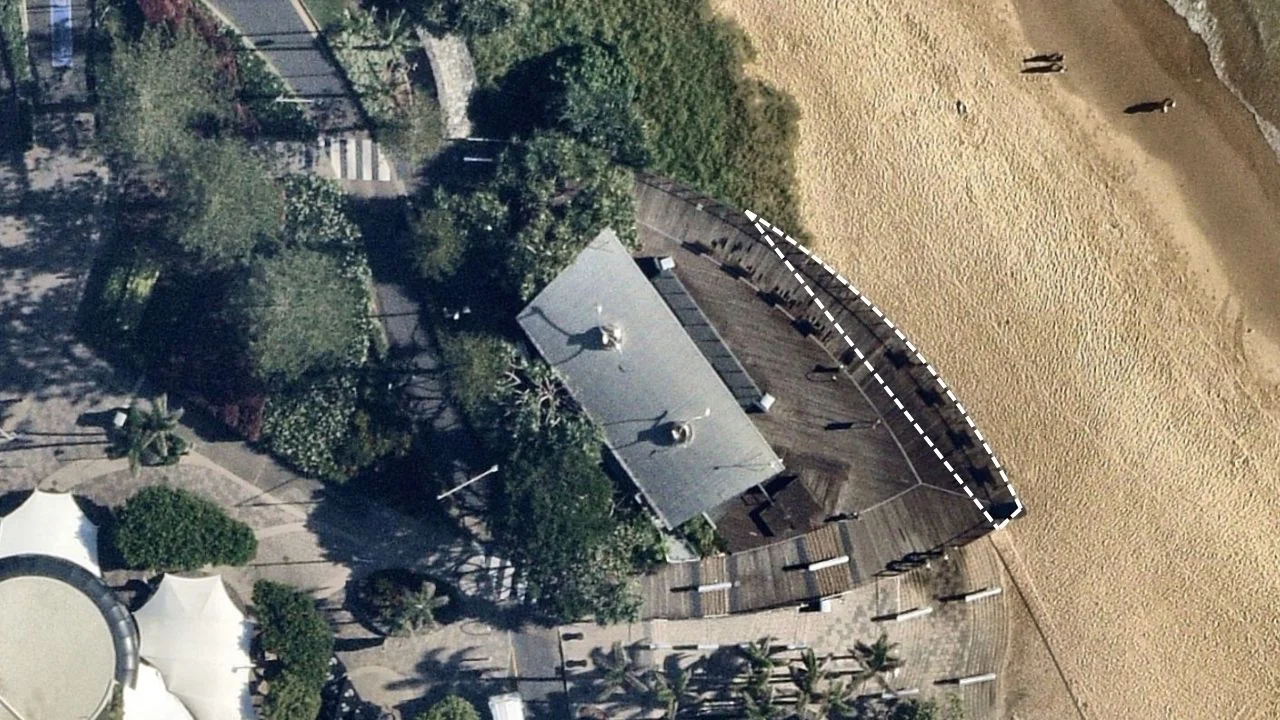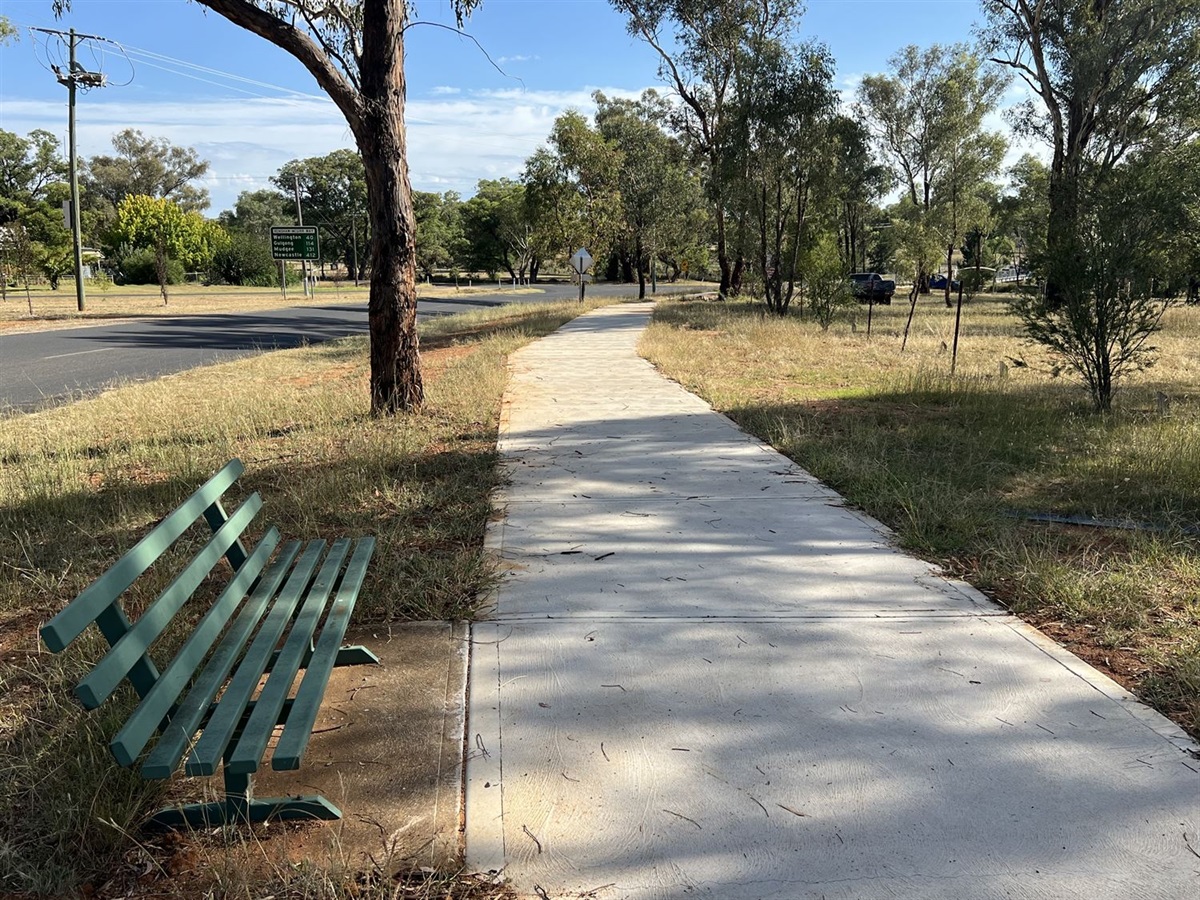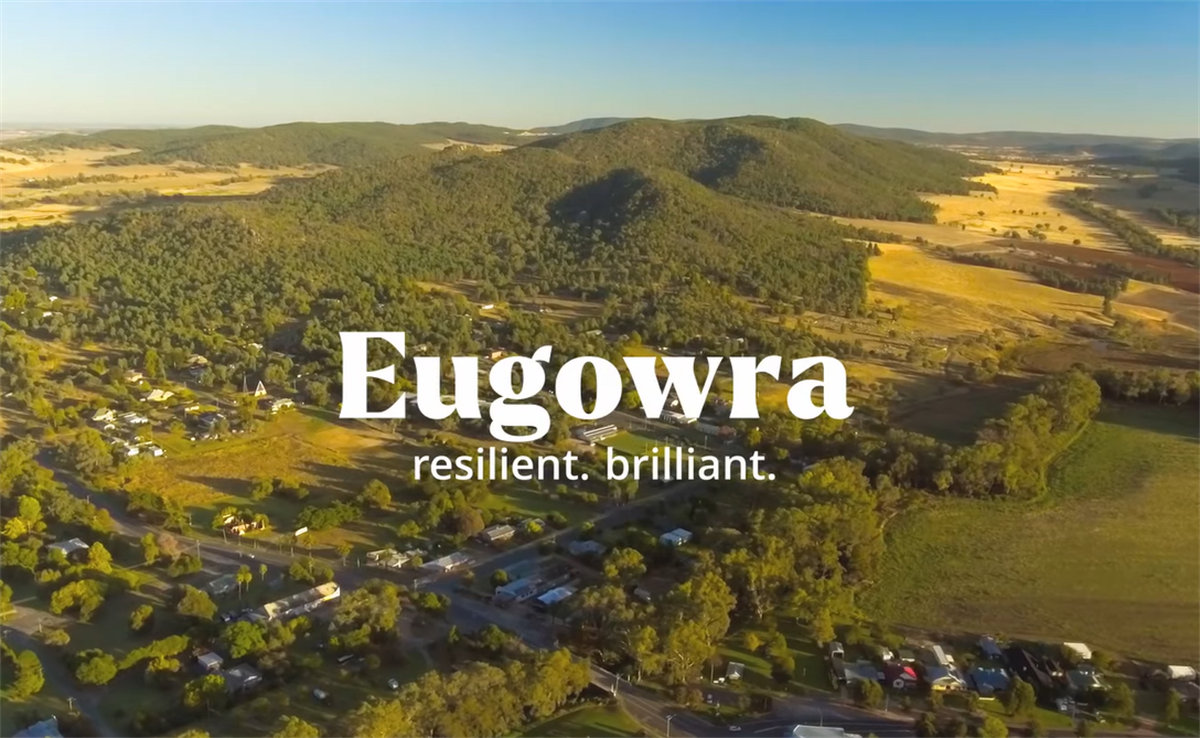Today’s media reports on a new government plan to combat the spread of Red Imported Fire Ants only serve to further highlight the government’s continuing failure to fulfil one of its most basic responsibilities – the protection of Queensland’s environment, industries, and way of life from the threat of invasive pests and diseases, CANEGROWERS CEO Dan Galligan has said.
Just weeks after a damning strategic review of the National Red Imported Fire Ant Eradication Program was reported in the media, State and Territory governments met in Perth where they agreed to a new strategy of containment and eradication.
At that time, it was reported that the new plan would see a 10km wide eradication zone encircling southeast Queensland, from Caboolture in the north to Tweed in the south, which would undergo broadscale treatment to contain and prevent further spread outside already infested areas.
Under the new plan the treatment zone would gradually shrink, containing the destructive pest to a smaller and smaller area, until they could be finally eradicated by 2032.
However, no one has actually seen the new plan until now with reports a lack of funding and resources will make this strategy virtually impossible to implement.
Instead, a much smaller treatment area around the Scenic Rim and Gold Coast will be targeted, effectively allowing one of the most dangerous and destructive invasive species in the world to continue spreading north and west unhindered.
“We’ve seen the destruction and devastation these ants have caused in other parts of the world,” Mr Galligan said.
“There is no question, we must stop them from spreading to other parts of the state and country, and we must eradicate them in the areas already infested.
“Unfortunately, the government allowed the continued spread of fire ants for two years while it sat on a damning report that outlined in very clear terms that a lack of funding, resourcing and leadership was hamstringing the program and preventing it from achieving its goal – the eradication of Red Imported Fire Ants.”
Mr Galligan said that while under-resourcing was a huge issue, the program’s problems went much deeper than money.
“The government has made much of its new Fire Ant Suppression Teams (FAST) and how effective they will be at rapidly treating infestations, but our growers in the Rocky Point district south of Brisbane have seen firsthand just how ineffective eradication has been to date.
“Treatments are being conducted without clear and consistent communication with the local community, leading to infested areas being missed by the FAST team.
“The bottom line is, a lot of time and taxpayer money is being wasted on inefficient treatment, which is clearly not preventing the spread of fire ants.
“All state and territory governments, together with the federal government, must fully fund and resource an eradication program that has the leadership and expertise to actually get the job done. It is critical to the future of our industries and our way of life.”
Rocky Point cane grower Greg Zipf said recent efforts to suppress fire ants around the district had left “gaping holes” in the treatment area, rendering the whole process an expensive waste of time.
“Really poor communication between the FAST team, their contractors, and the local community is one of the biggest problems we face and it’s effectively torpedoing any chance we have of containing these ants,” Mr Zipf said.
“The local growers here spent a huge amount of manhours putting together information on infestations and mapping out nest sites on their properties.
“All of this info was provided to the FAST team. Whether they didn’t pass it on to their contractors or the contractors just decided to do their own thing, I’m not sure, but when the aerial treatment occurred there were huge gaping holes left in the treated area which made the whole the process a huge waste of time.”
The failure of the Fire Ant Eradication Program is indicative of a wider failure of the nation’s biosecurity system, Mr Galligan said.
“Australia is overrun with invasive species. Whether its cats, dogs, horses, camels, foxes, cane toads, ants or, probably the most problematic at the minute, feral pigs, we are simply not doing enough to tackle the destruction and devastation these species wreak on the natural environment and our industries.
“Agriculture loses hundreds of millions of dollars every year to feral pigs alone. They destroy farmland and crops, but also our native flora and fauna, yet they are breeding at unprecedented levels and most efforts to deal with this threat are complete failures.
“It’s time that state and national politicians started to fulfil their responsibilities to protect this country from the onslaught of invasive species.”








